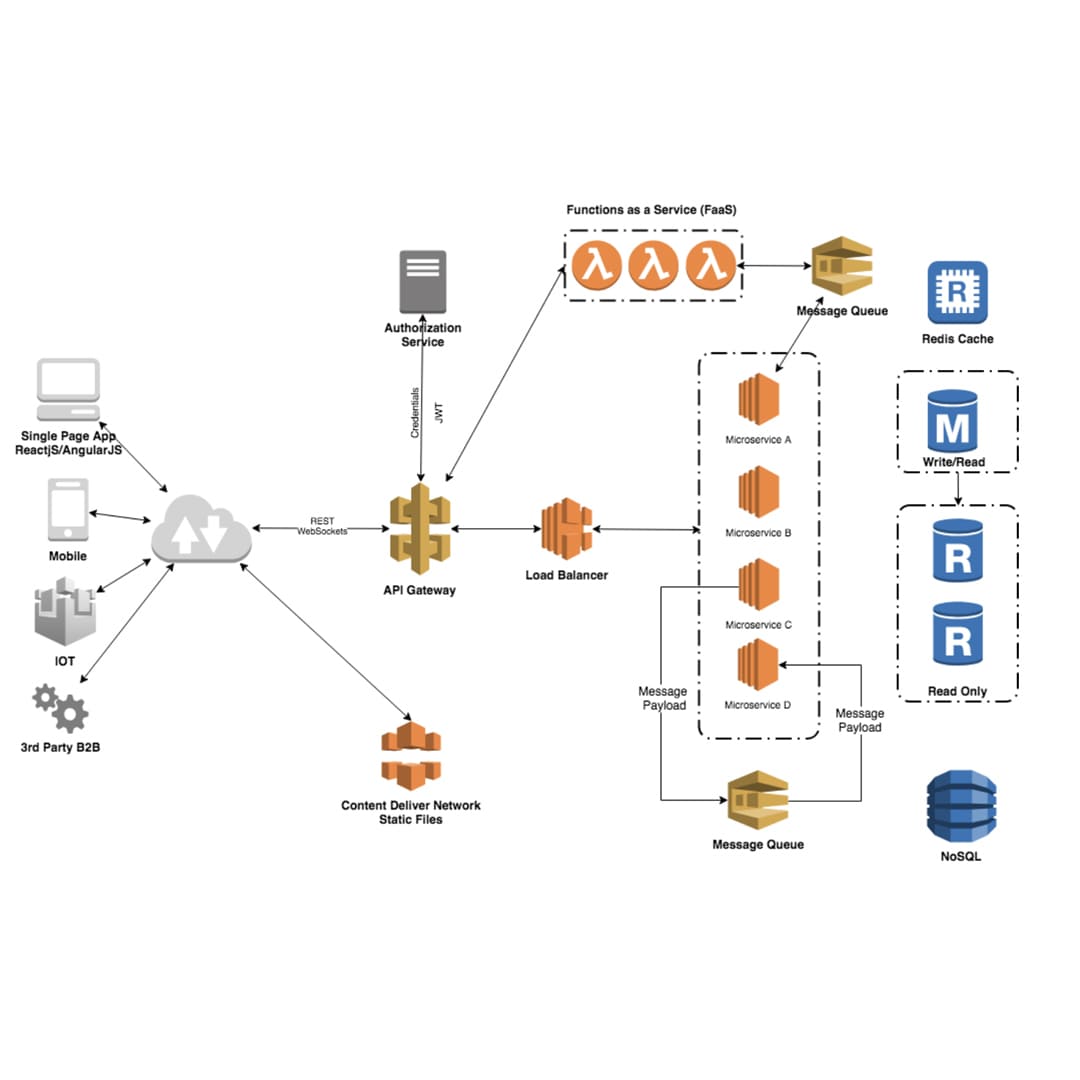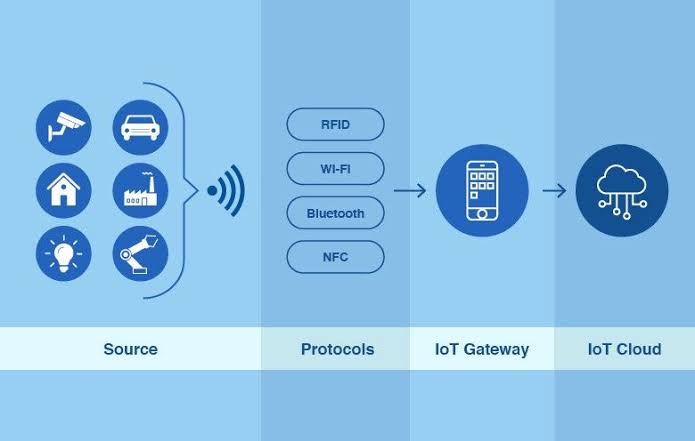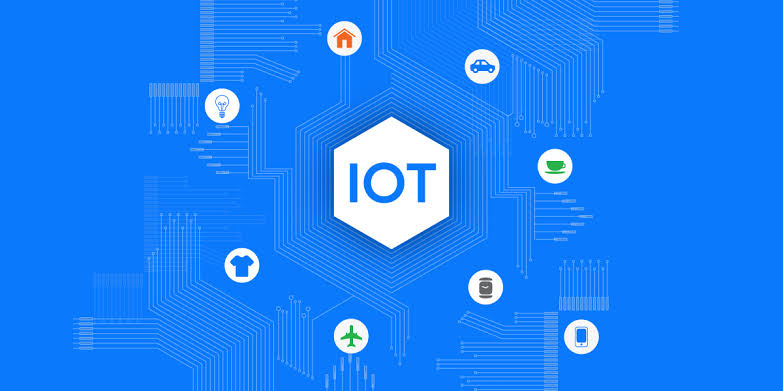Voice Search and Its Influence on SEO Strategies

The development of voice search technology has served as a game-changer in the constantly evolving field of digital marketing, as it has changed the manner in which people engage with search engines and, in the end, revolutionized strategies for search engine optimization (SEO). Through gadgets like smartphones, smart speakers, and various other speech-enabled devices, users can verbally command and query search engines employing voice search, which is made possible by artificial intelligence and the processing of natural languages. The greater the extent to which this technology is employed, the more significant an impact it may have on strategies for search engine optimization. Currently, businesses and digital marketers find themselves at a crucial juncture during which they must modify their keyword optimization tactics in order to fully capitalize on the distinct advantages and disadvantages presented by voice search. The aforementioned paradigm change demands for a deliberate reconsideration of content production, keyword targeting, and user experience optimization, and it also requires a thorough grasp of the intersections between voice search and SEO. The increasing influence of voice search on search engine optimization strategies is addressed in this introduction, which also analyzes the complexities of this mutually advantageous connection and the consequences for online visibility and engagement moving forward.
Understanding Voice Search
Using spoken commands or inquiries, voice search technology enables users to engage with gadgets, programs, or services. Customers are not required to spend time entering their questions into an electronic device or search engine by speaking orders or queries to the system, which is going to translate and react accordingly. When conducting voice search, it's crucial to keep the following things in mind:
- Natural language processing (NLP): An important part of artificial intelligence, NLP is employed in voice search. Natural language processing (NLP) has established it achievable for machines to fully understand and evaluate natural language, including slang, context, and colloquialisms. Voice-activated devices have created novel opportunities for customers to become involved in conversation.
- Platforms and Devices: A wide range of platforms and devices, including smartphones, smart TVs, smart speakers as well as additional devices with internet connections, are frequently employed for voice search. Voice searches can be performed using a number of widely recognized virtual assistants.
- Local and Contextual Search: Users typically concentrate on local content with their voice searches because they want to get information pertinent to their immediate surroundings. People could inquire about local weather updates, eateries in the area, or directions. The user's query's context is crucial for accurate and helpful responses.
- SEO and content optimization: Businesses and content creators must transform their online presences in order to accommodate voice-activated inquiries as voice search becomes more and more prevalent. Content needs to be properly optimized for natural language searches in order to accomplish this, with a focus on keywords with a long tail that correspond to language used in conversations.
- A broader trend toward conversational user interfaces, or CUIs, has been illustrated by voice search. By imitating normal speech, CUIs enable users to correspond with technology in a way that is more straightforward and user-friendly.
- Concerns regarding security and privacy come about due to the need to collect and deal with audio data for voice search. Users of voice-activated devices frequently feel worried about potential dangers like unauthorized access to their private data.
- Advances and Difficulties: Although voice recognition technology has certainly come a long way, there continue to be issues with understanding accents, dialects, as well as complex questions. The goal of continuous development and research is to improve voice search systems' capability and accuracy.
To put it briefly, voice search is a rapidly evolving technology that is transforming the manner in which individuals utilize digital devices for getting information. Businesses and consumers alike are advised to remain up to date on the latest techniques for optimizing services and content for voice-activated interactions as advancements in technology occur.
SEO Techniques for the Voice Search Era
Voice search is becoming progressively more popular, therefore it's critical for business enterprises and digital marketers to modify their SEO strategies to reflect these modifications. In the modern age of voice search, the ones that follow are some important SEO approaches:
- Optimize for Natural Language Queries: When employing voice search, users usually choose more conversational and natural language in their queries. Instead of typing, emphasis on long-tail keywords and phrases that individuals are likely to use. Consider how users might phrase questions and aim to provide content that directly answers those queries.
- Local SEO Optimization: "Near me" queries are just some of the many voice searches with a local concentration. Make certain that all of the information regarding your company on websites like Google My Business is correct and updated. Make elements that are relevant to local audiences along with the incorporation of local keywords.
- Position Zero and Featured Snippets: Make an effort to get the much desired "Position Zero" in search results, which frequently comes up as a snippet that has been highlighted. Craft content that is concise, provides direct answers to common questions, and is easily readable.
- Optimize for Local Voice Search: Consider how users might phrase local voice searches and tailor your content accordingly. This could include creating FAQ pages that address common local queries. Use location-based keywords in your content and meta tags.
- Create Conversational Content: Develop content that sounds natural and conversational. Imagine your content being spoken by a virtual assistant. Avoid overly technical or formal language. Incorporate natural language in all of the data you provide on your website, blog, and other platforms.
- User Intent Optimization: Identify the motivations behind voice searches from consumers and produce content which demonstrates their reasons for searching. Make sure your e-commerce or sales conversion procedures are effortless and straightforward to use in order to achieve maximum efficiency for transactional inquiries.
Voice Search Analytics: Monitor and examine voice search data to spot patterns and gain knowledge about user behavior. This can offer crucial information that you may employ to improve your SEO as well as your material tactics. For insight into your performance, capitalize on the use of voice search analytics tools such as Google Analytics.
- Build a Strong Brand Presence: Voice searches often result in a single answer being provided. Building a strong brand presence can increase the likelihood of your content being selected by virtual assistants. Prioritize developing your brand through recurrent messaging, high-caliber material, and satisfying user experiences.
- These techniques can help you position your website and content to rank highly in the voice search era, giving people who use voice commands to connect with digital devices useful information.
Voice-Activated Devices' Ascent
Owing in part to the latest advances in artificial intelligence, natural language processing, and the steadily increasing incorporation of smart technology into numerous aspects of daily life, voice-activated devices have developed into a remarkable trend. The factors that follow are the primary explanations as to why voice-activated gadgets are growing more and more popular:
- Natural language processing (NLP) improvements enable more accurate machine interpretation and comprehension of human communication, leading to more lively and natural voice interactions.
- Hands-free and handy Operation: Voice-activated gadgets provide a handy and hands-free method for users to engage with technology. This helps especially when driving or cooking, for example, and other situations where it is awkward or difficult to text or use other handwritten input.
- Virtual assistant integration is becoming more common in voice-activated devices. Not only can these helpers manage time, but they can also answer queries and operate smart home products.
- Increased Reliability and Accessibility of Voice-Activated Devices: Consistency and accessibility of voice-activated devices have increased partly because of the improved accuracy of both translation and interpretation of spoken language made possible by machine learning algorithms and speech recognition technologies.
- As wearable technology increases in popularity, more and more products—such as tracking devices for fitness and smartwatches—are including verbal instructions. Users may accomplish basic activities like sending messages and creating reminders without ever touching their phones.
- Enhanced Ecosystems and Networked Devices: Many voice-activated devices are a component of larger networks that consist of a range of connected devices. Voice commands may make operating many devices, including lights, HVAC, security, and more, easier and more convenient.
- Quick technical advancement: New discoveries and continual improvements in the three primary domains of speech recognition, artificial intelligence, and hardware are contributing to the expanding demand for voice-activated products.
The implementation of voice-activated devices continues to increase in popularity as people get comfortable with them and recognize the advantages they provide. Sustaining this technology's development requires providing customers with enjoyable interactions.
Blockchain in Search Engine Optimization
Blockchain technology may have the following effects on SEO:
- Trust and Security: Blockchain technology is renowned for being secure and decentralized. By prohibiting illegal alterations to content, backlinks, and other important SEO components, blockchain technology could improve website security. This can contribute to building trust with both search engines and users.
- Backlink Authenticity and Quality: Blockchain technology may be utilized to confirm the legitimacy of backlinks. The influence of spammy or low-quality links on search engine rankings may be lessened by ensuring that the links are real by logging backlink information on a blockchain.
- Fraud Prevention: You may use the transparency and immutability of blockchain technology to fight online advertising fraud, including click fraud. By guaranteeing a more accurate representation of organic search traffic, this could have a good effect on SEO.
- Decentralized search engines are an idea that is being investigated by certain blockchain initiatives. These platforms seek to offer search functions independent of a centralized authority.It's possible that decentralized search engines will affect traditional SEO strategies, requiring the creation of new visibility and ranking methods.
- Tokenized Rewards for Content Creation: Content creators may receive tokens, or blockchain-based coins, as rewards. Providing tokens to websites that generate original, relevant, and high-quality material is one example. This could influence SEO by encouraging the creation of valuable content.
- Ownership and Privacy of Data: Blockchain gives individuals greater control over their data. Giving consumers more discretion over the information they submit with websites and search engines is one way that blockchain technology may be used in SEO. This is consistent with privacy being given more weight in the digital sphere.
- Self-executing contracts known as "smart contracts," in which the terms of the agreement are encoded directly into the code, may be utilized in SEO services. This could involve contracts between customers and SEO companies that guarantee openness and responsibility in the provision of services.
It's important to note that while these ideas hold theoretical promise, widespread implementation and adoption were still in the early stages as of my last update. The practical application of blockchain in SEO depends on factors such as technological developments, industry acceptance, and regulatory considerations.
Finally, the development of SEO tactics has reached a critical juncture with the emergence of Voice Search. Businesses and marketers need to adjust to the evolving expectations of users as technology keeps erasing distinctions between digital interfaces and human engagement. Given voice search's impact on SEO, content producers, web developers, and digital marketers must work together to optimize for conversational inquiries and take advantage of the subtleties of voice-activated searches. A good search engine optimization strategy in the voice-centric world of today must take into account natural language patterns, prioritize mobile-friendly experiences, and focus on local optimization." Ensuring visibility and relevance in the always changing Voice Search space will require us to be abreast of developing trends and user behaviors as we traverse this dynamic field. Aside from revolutionizing information search, the use of speech technology in conjunction with SEO highlights how critical flexibility and creativity are to the never-ending quest of online prominence and achievement.
Recent Stories
500k Customer Have
Build a stunning site today.
We help our clients succeed by creating brand identities.
Get a Quote





















































































































